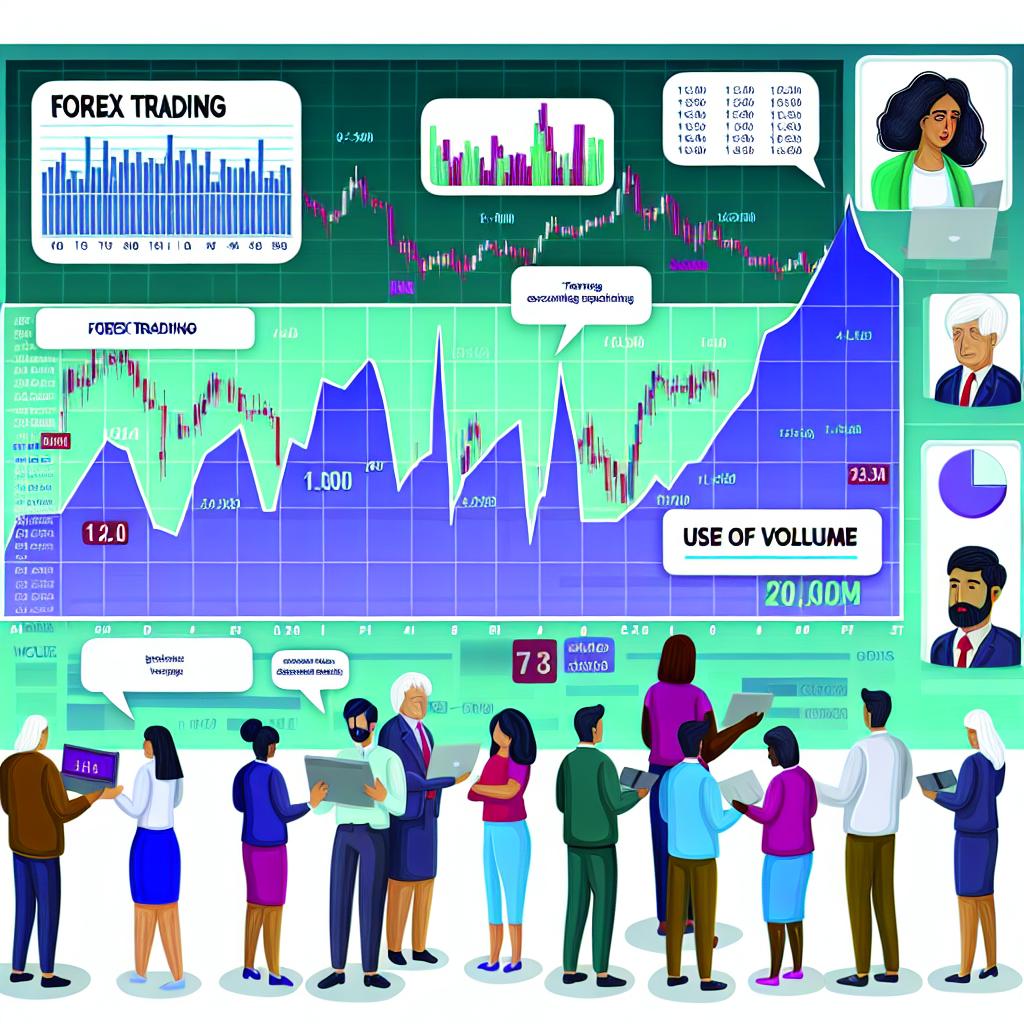Understanding Forex Hedging
Forex hedging refers to the strategy used by traders and investors to protect their exposure to foreign exchange risk. In forex trading, prices can be highly volatile, and various factors such as geopolitical tensions, economic announcements, and interest rate changes can affect exchange rates. Hedging allows traders to minimize potential losses due to such fluctuations.
Concept of Forex Hedging
The primary objective of forex hedging is risk management. By engaging in hedging strategies, traders can lock in exchange rates to safeguard against adverse movements in the forex market. This practice provides a safety net, allowing traders to focus on core investment strategies or business operations without worrying about unpredictable currency movements.
Methods of Forex Hedging
Forex hedging can be executed through various methods, each with distinct mechanisms and purposes:
1. Simple Spot Contracts
One of the straightforward methods is using spot contracts. Traders buy or sell currency at the current exchange rate, accepting the risk that future rate movements may be unfavorable. While not a direct hedge, adjusting the operation’s size or time can act as a de facto hedge.
2. Forex Options
Forex options provide traders the right, but not the obligation, to purchase or sell a currency pair at a pre-determined rate before a specific date. Options come in two forms: call options, giving the right to buy, and put options, giving the right to sell. Implementing options strategies, such as protective puts or covered calls, allows traders to limit potential losses while benefiting from favorable movements.
3. Forward Contracts
A forward contract is an agreement to exchange currencies on a future date at a pre-determined rate. Businesses often use these contracts to lock in exchange rates and manage the impact of currency fluctuations on future financial transactions. These contracts typically involve an agreement between two parties without the involvement of an exchange.
4. Currency Futures
Currency futures are standardized contracts traded on exchanges to buy or sell a currency at a future date based on a specified price. Used chiefly by large institutions, these contracts offer an opportunity to hedge against currency risk by locking in prices, providing both security and potential profit opportunities from market movements.
Benefits and Risks of Forex Hedging
Forex hedging presents numerous advantages; however, it also entails specific risks.
Benefits:
– Risk Management: Provides protection from adverse currency movements. This is particularly useful for businesses and investors operating in highly volatile markets, as it allows them to maintain stability despite fluctuations in currency values.
– Cash Flow Stability: Ensures a predictable cash flow for businesses involved in international trade. By stabilizing cash flow, companies can make more informed financial decisions, allocate budgets efficiently, and enhance long-term planning.
– Opportunity for Profit: Alongside risk management, it may also present profit opportunities. Skilled traders may exploit hedging instruments not only to protect against losses but to capitalize on favorable market movements, enhancing their portfolio’s overall performance.
Risks:
– Cost of Hedging: Involves costs that, if not managed correctly, may reduce potential profits. These costs can include transaction fees and premiums paid for financial instruments, making it essential to balance the cost with potential benefits.
– Complexity: Requires understanding and expertise to implement effectively. Navigating different hedging instruments, evaluating their effects on a portfolio, and making informed decisions demand a solid grasp of forex markets and strategic planning.
– Conditional Outcomes: May limit potential gains from favorable exchange rate movements. While hedging secures against downsides, it might restrict upside potential, which is why traders must weigh protective measures against possible benefits from currency appreciation.
Implementation Strategies
Implementing a successful forex hedging strategy involves several key components:
1. Assessing Risk Exposure
The initial step in implementing a hedging strategy is assessing the level of risk exposure to currency fluctuations. Traders and businesses need to evaluate the extent of their interactions with foreign currencies and identify potential vulnerabilities.
2. Selecting Appropriate Instruments
Choosing the right hedging instruments is crucial. This decision should be based on factors such as the nature and duration of exposure, overall financial goals, and the complexity of the available instruments. For instance, a short-term trader might prefer options, while a multinational corporation could find forward contracts more useful.
3. Ongoing Monitoring and Adjustment
The forex market is dynamic, and continuous monitoring of hedged positions is necessary to ensure their effectiveness. Market conditions may change, necessitating adjustments to hedging strategies to maintain optimal protection levels. Regular assessment allows traders to respond proactively to external factors impacting their risk exposure.
4. Balancing Costs and Benefits
An effective hedging strategy entails a balanced analysis of costs and benefits. The chosen approach should mitigate risk exposure without introducing prohibitive costs that could erode potential profits. Traders must ensure that the hedging strategy aligns with their financial goals and broader investment strategies.
Conclusion
Forex hedging is a critical component of currency trading and international business operations. By utilizing various hedging strategies, traders and companies can safeguard their positions against unfavorable currency movements. Although hedging involves complexities and costs, the benefits in terms of risk management are substantial. For effective hedging, it is crucial for traders and businesses to have a clear understanding of forex markets, specific hedging instruments, and their associated risks.
Ultimately, the goal of forex hedging is to stabilize financial outcomes in the presence of foreign exchange volatility. Whether for short-term speculative trading or long-term corporate planning, hedging offers a robust framework to anticipate and manage currency-related risks efficiently. This allows entities of all sizes to protect their financial interests and maintain strategic focus, thereby contributing to their overall economic success and resilience.




